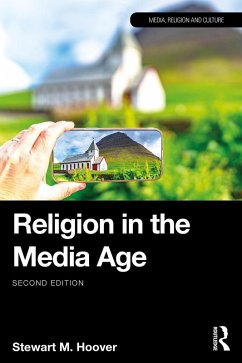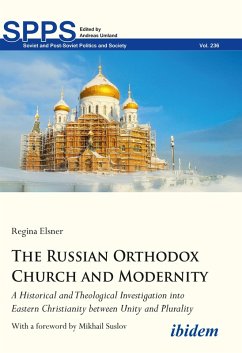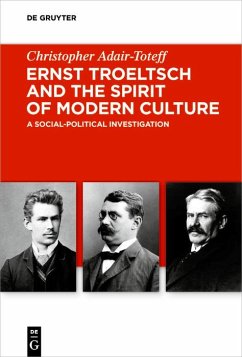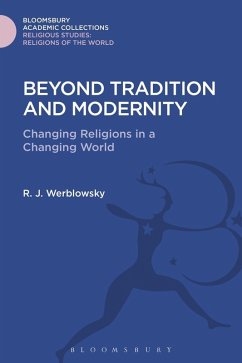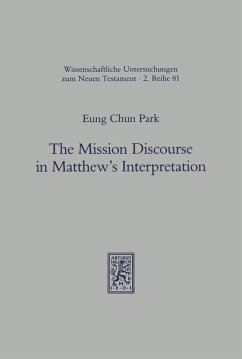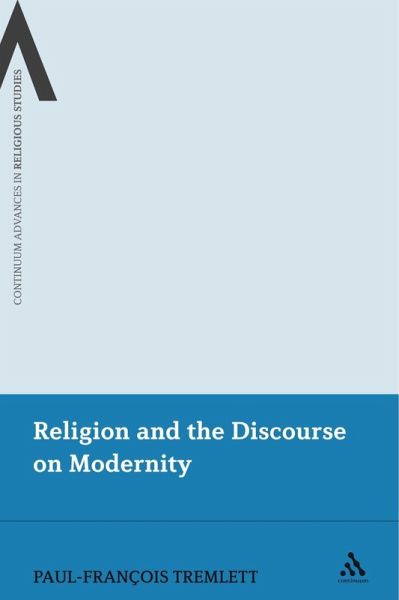
Religion and the Discourse on Modernity (eBook, PDF)
Versandkostenfrei!
Sofort per Download lieferbar
31,95 €
inkl. MwSt.
Weitere Ausgaben:

PAYBACK Punkte
16 °P sammeln!
The point of departure for this book is the debate about whether religious studies should privilege explanation or understanding. Engaging with contemporary scholarship in the field, Tremlett argues that the study of religions has always involved the conflation of facts and values and indeed has been structured in advance by the value-saturated discourse on disenchanted modernity. He argues that phenomenological and post-modern approaches to religions lack both theoretical and methodological coherence, and in their stead proposes a Marxist approach to religions that is at once empirical and in...
The point of departure for this book is the debate about whether religious studies should privilege explanation or understanding. Engaging with contemporary scholarship in the field, Tremlett argues that the study of religions has always involved the conflation of facts and values and indeed has been structured in advance by the value-saturated discourse on disenchanted modernity. He argues that phenomenological and post-modern approaches to religions lack both theoretical and methodological coherence, and in their stead proposes a Marxist approach to religions that is at once empirical and informed by values pertaining to social justice, freedom and autonomy.




